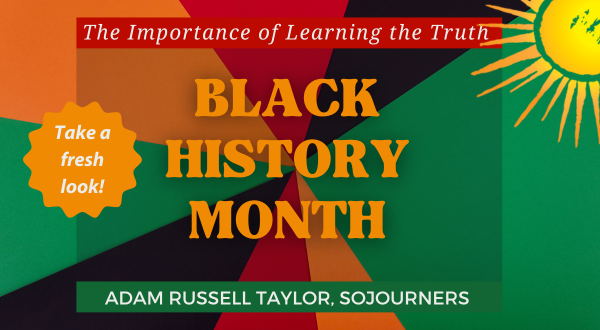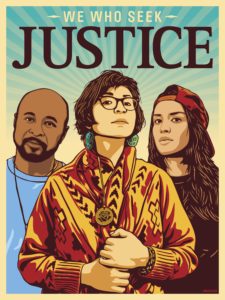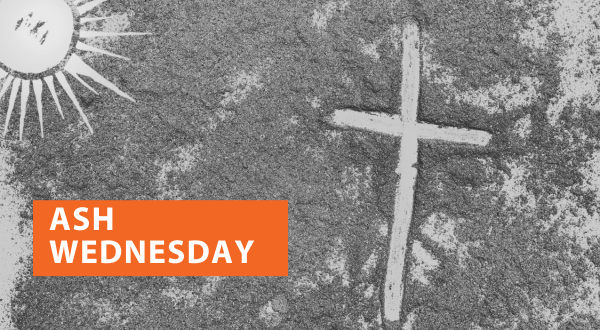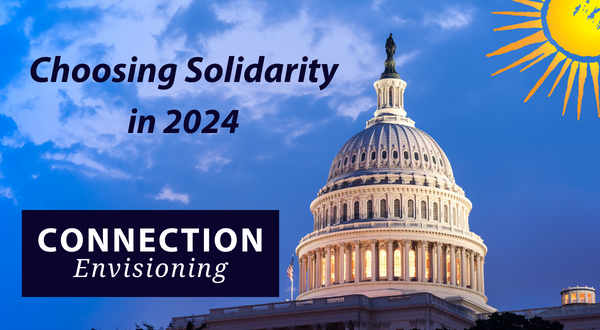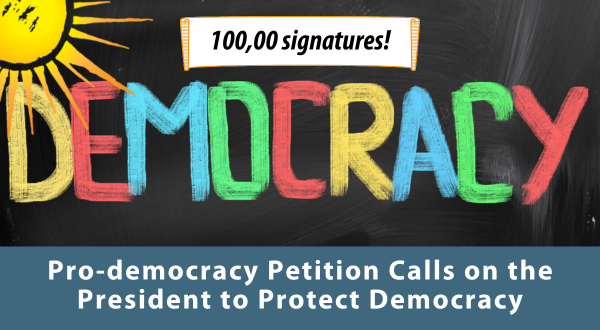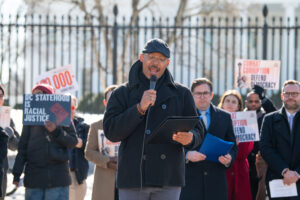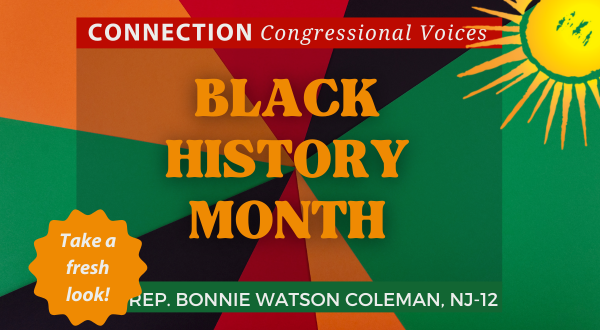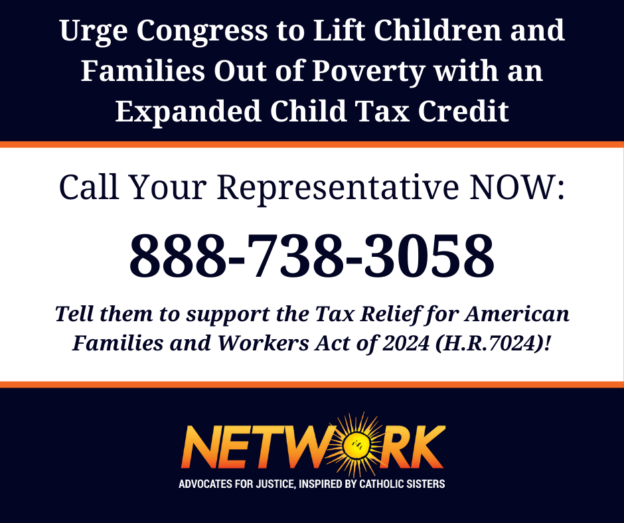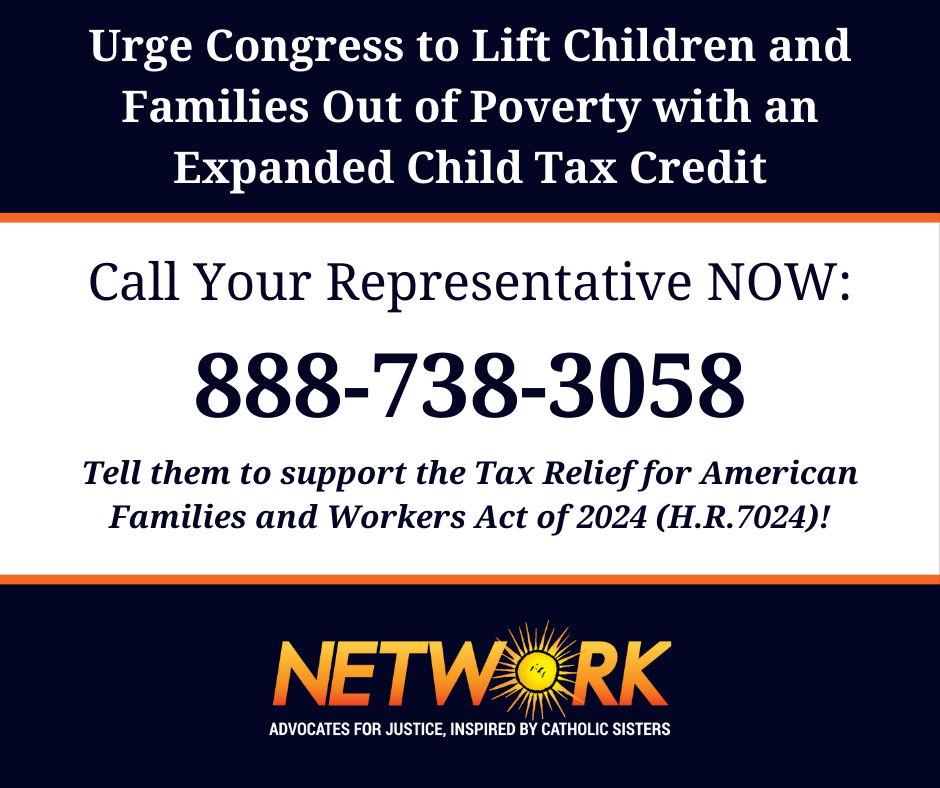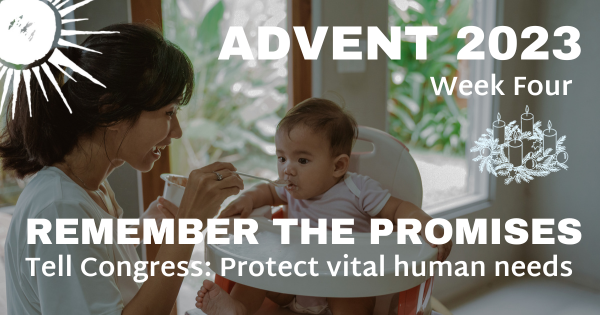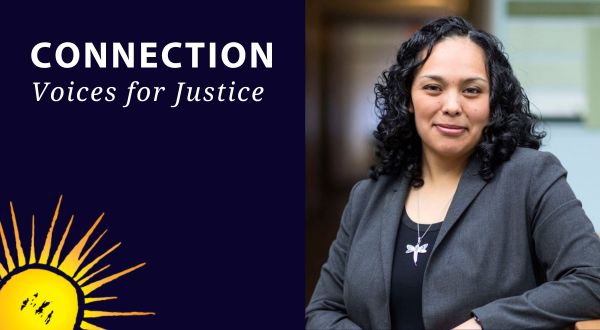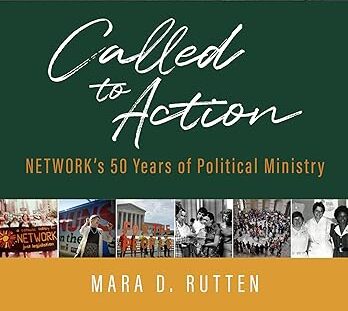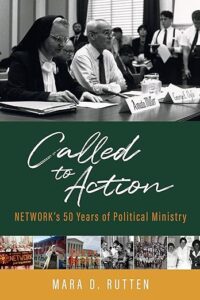
Acknowledging Systemic Racism and Unpacking Whiteness
Black History Month Update
February 14, 2024
Lindsay Hueston
February 21, 2019
In a commitment to moving towards being an anti-racist, multicultural organization, NETWORK staff is intentionally setting aside time in 2019 to read and discuss Robin DiAngelo’s White Fragility. The book examines structures of race in the modern-day United States, and is an especially pertinent read during Black History Month. As a white woman, DiAngelo challenges systems of whiteness that have led to the racism that permeates our political and societal culture. Though it may manifest itself in different ways, racism is still alive and well today, and impacts countless policies and issues that NETWORK works on in order to mend the gaps in our society.
During Black History Month, NETWORK challenges you to examine the way you and the systems around you may unintentionally perpetuate racism. We are trying to be intentional about listening to the experiences of people who are directly impacted by systemic racial injustice, and we encourage you to do the same.
“If you have come here to help me, you are wasting your time. But if you have come because your liberation is bound up with mine, then let us work together.”
– Lilla Watson, indigenous Australian activist
Some resources that may be helpful throughout this month, please comment below with any recommendations you have to add:
Books
So You Want to Talk About Race by Ijeoma Oluo
Why I’m No Longer Talking to White People About Race by Reni Eddo-Lodge
Between the World and Me by Ta-Nehisi Coates
I’m Still Here: Black Dignity in a World Made for Whiteness by Austin Channing Brown
Citizen by Claudia Rankine
The Hate U Give by Angie Thomas
The New Jim Crow by Michelle Alexander
White Like Me by Tim Wise
Waking Up White by Debby Irving
Trouble I’ve Seen by Drew G.I. Hart
The Other Wes Moore by Wes Moore
Just Mercy by Bryan Stevenson
Authors
Roxane Gay
Audre Lorde
Alice Walker
Toni Morrison
James Baldwin
Ta-Nehisi Coates
Maya Angelou
Videos
We Must Talk About Race to Fix Economic Inequality (YouTube video)
Talks to help you understand racism in America (TED talk playlist, videos on racial justice)
The Myth of the Welfare Queen (PBS video)
Articles
Everyday Respectability Politics
An Examen for White Allies: from the Ignatian Solidarity Network
What Black Lives Matter Can Teach Catholics About Racial Justice: from America Magazine
Lists
Reading List for Northam: recently-published article that has some great anti-racism resources
16 Books About Race That White People Should Read: further reading resources
(White) Girl Power aka The List: a list of anti-racist resources to white women to attain a deeper understanding of Black women’s lived experiences
Skimm Reads for Black History Month: recent popular books written by Black authors
Websites
People’s Institute for Survival and Beyond: holds programs, workshops, and resources for anti-racist education and organizing
Rachel Cargle: an activist and writer who educates others about anti-racism and intellectual discourse
Everyday Feminism: website has an entire section dedicated to the intersections of race and feminism
Podcasts
Code Switch (NPR)
Pod Save the People
Yo, Is This Racist?
Good Ancestor
Hoodrat to Headwrap
The Racist Sandwich Podcast
Ezra Klein: Political Power and the Racial Wealth Gap
A Conversation About Conversations About Race
TV/Film
13th
Dear White People (TV, Film)
The Hate U Give
Black-ish
Moonlight
Pariah







